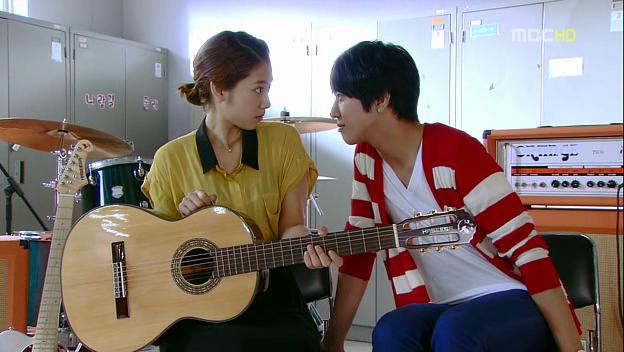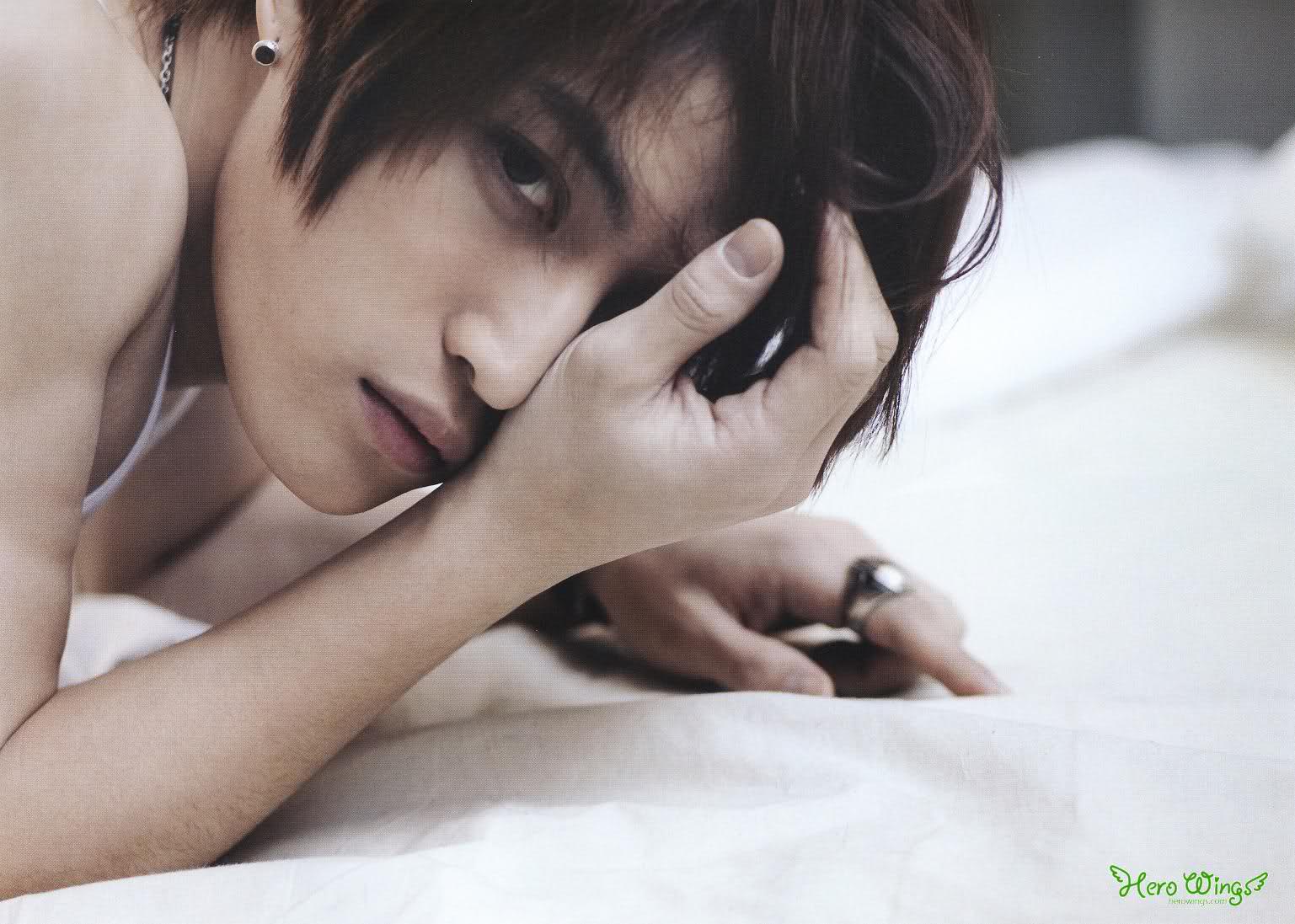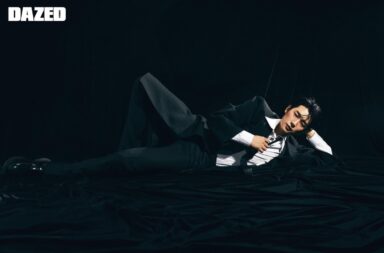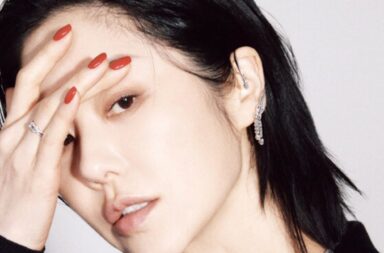
While watching You’ve Fallen For Me and seeing the reactions of the female populace at the university that Shin (Jung Yong-hwa) and Kyu-won (Park Shin-Hye) attend when news of their relationship spread, I thought of one thing: Is this really how a popular student’s life is in South Korea? Although this is dramatized, isn’t all fiction based in some truth?
In the drama, Lee Shin (as played by real life ulzzang and current Kpop idol Jung Yong-hwa) is the most popular boy on campus and lead singer of the up-and-coming band The Stupid. Just like a celebrity, Shin is followed constantly by girls, given presents and food, and gets confessed to on a daily basis. His younger sister even gets her spending money by selling his autographs or getting him to wish a school mate ‘happy birthday’.
As one can imagine, when Shin started dating Kyu-won, he kept the relationship on the down-low because he was afraid of the backlash and the burden that his popularity may cause. But when the secret affects their relationship Shin goes public and the news spreads like wild fire, resulting in unnecessary drama. Kyu-Won‘s friends warn her of angry fan girls, Shin‘s fan hold a public poll about their relationship in school, and Shin even gets reprimanded by the owner of the bar he works at due to a decline in business. Is this really a depiction of an ul-zzang’s life? Are the lives of popular students and those around them in South Korea really impacted like this by their admirers?

Ul-zzang (aka 얼짱 or Eoljjang) – is a popular South Korean term literally meaning “best face” or “good-looking.” Ul-zzangs are individuals who rise to fame due to their good looks. With the help of the internet, the once local heartthrobs now garner huge followings, making them internet stars not only in South Korea, but also globally. The ul-zzang phenomenon has spread to China and Japan as well as parts of the US, Canada, and Europe.
A quick search of any social media site will bring up hundreds of hits of, or about, ul-zzangs. A search on YouTube results in a wide array of ul-zzang videos that range from pics of the so-called ul-zzangs to lessons on the history of and how to become an ul-zzang. The prominance of the ul-zzang look from head to toe can be seen in fashion trends with the increasing popularity of certain hair styles, make-up, the use of circle lenses, and certain clothing styles.
Some may argue that dealing with the pains of being an ul-zzang would turn any sane person off of the road of fame and fortune, but that isn’t always the case. Based on current trends, many South Korean teenagers continue to jump on the bandwagon by actively seeking ul-zzang status. It seems that many consider the benefits of ul-zzang to outweigh the pains as it could lead to successful careers as models, actors, or Kpop idols.
Former ul-zzangs turned successful celebrities include actresses Gu Hye-sun, Nam Sang-mi, Park Han-byul, Song Hye-kyo, and Kim Tae-hee and singers Sandara Park of 2NE1, Goo Hara of KARA, and Jooyeon of After School. For the guys, they include Kim Jae-joong of JYJ, Jung Yong-hwa and Lee Jong-hyun of C. N. Blue, Kim Hyun-joong and Heo Young-Saeng of SS501, Park Yun-hwa of T-Max, and Kiseop of U-Kiss. Having to deal with admirers as an ul-zzang may have actually been like idol training camp for these celebrities, since current idols experience much of the same obsessive behavior from their fans, albeit on a grander scale.
 Additionally, because a person’s most lucrative years are considered to be from their late teens until the age of 30 in South Korea, it’s not surprising to see these ul-zzang wanting to make the most of their looks while they can. It’s rather unfortunate to witness age having such huge impact on popularity and stance in South Korean society. On the contrary, age doesn’t matter as much in the US. For instance, when Desperate Housewives and Sex and the City ruled the airwaves, 30 was the new 20, and then 40 was the new 30, and so on. It’s sad to think that in contrast most of our current idols’ careers will be considered done by the age of 30, if they even last that long.
Additionally, because a person’s most lucrative years are considered to be from their late teens until the age of 30 in South Korea, it’s not surprising to see these ul-zzang wanting to make the most of their looks while they can. It’s rather unfortunate to witness age having such huge impact on popularity and stance in South Korean society. On the contrary, age doesn’t matter as much in the US. For instance, when Desperate Housewives and Sex and the City ruled the airwaves, 30 was the new 20, and then 40 was the new 30, and so on. It’s sad to think that in contrast most of our current idols’ careers will be considered done by the age of 30, if they even last that long.
I’m sure that we all grew up with heartthrobs or ul-zzang in our own hometowns, but their popularity probably never matched the scale of a South Korean ul-zzang. There may have been presents and some minor stalking, but did you ever see these ‘admirers’ interrupt or impact those popular kids’ lives as we see it depicted in Kdramas? Perhaps the difference lies in the culture of South Korea, with its all powerful netizens, their preoccupation with perfection and a singular standard of beauty, and the reign of the idol. Did the beautiful people in your hometown experience fame similar to that of ul-zzang’s in South Korea? Do you think that this phenomenon only exists in South Korea as the result of societal values or do you think this is the result of South Korean cyber-culture?


